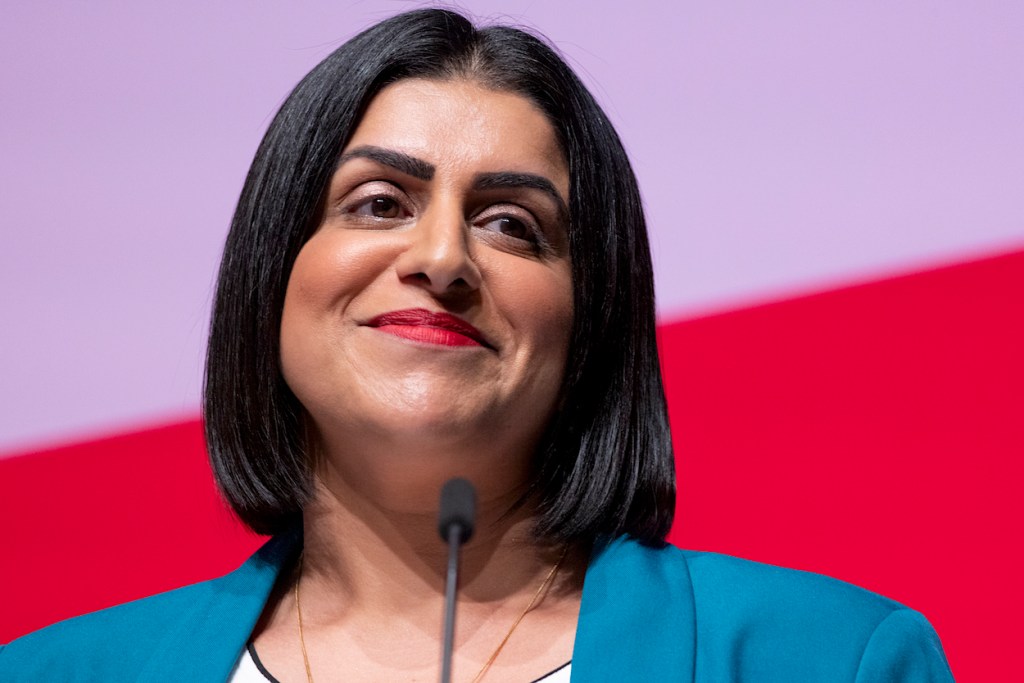For Rishi Sunak, today amounts to another instalment of the fantastic success story of his premiership: that ‘the plan is working’.
A new key statistic about the rate of inflation shows that consumer prices are rising much less quickly. Taming inflation is the singular success among the five key targets he set out at the start of last year.
It is easy to see why a numbers man like the PM would get excited about this. Inflation is at a bit over 2 per cent, compared to average wage growth of nearly 6 per cent. As Mr Micawber famously put it: ‘Annual income twenty pounds, annual expenditure nineteen nineteen and six, result happiness.’
But a more clued-up leader with better antennae for the public mood would understand at once that today is actually a very bad day. Because for normal people, questions as to whether they, their families and their neighbourhoods are safe are more important than small short-term changes in the aggregate pecuniary situation. What good is it to know you can afford a few more nice things if your children are liable to be relieved of them at knife-point on their way home from school?
And on this score, a humdinger of a disaster has been reported by the Times: so inept has been the government’s management of the criminal justice system that the police have been told to ease up on their arrest rates because there is no spare prison capacity.
Or as the headline puts it: ‘Arrest fewer people to save prison space, police chiefs told.’ Home Affairs editor Matt Dathan has got hold of an internal briefing note for chief constables telling them to consider pausing ‘non-priority arrests’ and to suspend operations that may trigger ‘large numbers of arrests’. A separate internal communication warns that the requisitioning of hundreds of police cells to hold remand prisoners ‘risks public safety’.
A previous Tory prime minister who was said to be overly concerned with financial matters to the neglect of society would surely have understood immediately what a disastrous situation this is.
Margaret Thatcher once declared: ‘Law and order is a social service. Crime and the fear which the threat of crime induces can paralyse whole communities, keep lonely and vulnerable elderly people shut up in their homes, scar young lives and raise to cult status the swaggering violent bully who achieves predatory control over the streets.’
This is a pretty good description of the situation pertaining in many urban districts right now. No wonder that among 2019 Tory voters – the very people Sunak needs to win back – crime is on a sharp upward trajectory as a political priority.
As Keir Starmer approvingly noted last year, Thatcher referred to maintaining law and order as ‘the first duty of government’.
As well as living in a billionaire household necessarily protected by round-the-clock security, Sunak has a constituency in North Yorkshire, one of the least crime-ridden parts of the country. Most of the rest of his time is spent at Chequers. He shuffles in his Prada loafers between nice places populated by nice people.
His lack of grip on an issue that is usually seen as a core priority for the Tories is presumably in part a product of living in these gilded cages.
But it is also in part a product of his own geeky mentality. CPI 2.3 may as well be the name of a robot character in Star Wars when police are so transparently on the back foot and in many neighbourhoods the streets belong to thugs.
A statesman who lives for incremental changes in economic metrics would surely have done better to stay as Chancellor of the Exchequer and leave someone with more of a common touch to define the overall character of the government.








Comments